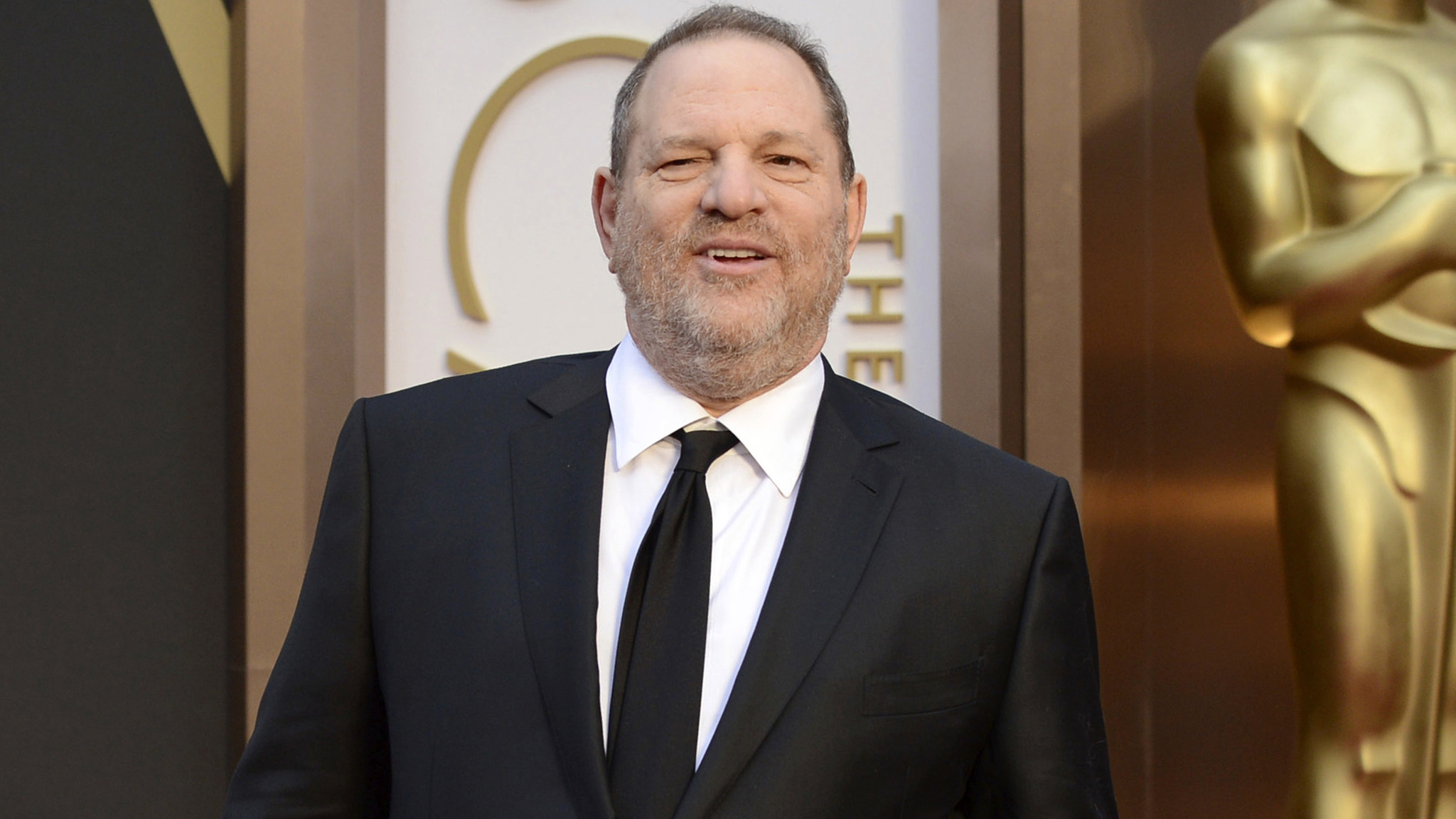Harvey Weinstien – a name little known in the mainstream, until recent weeks. The name, Harvey Weinstien, is now synonymous with abuse, sexual harassment, assault, degradation and misuse of power.
 In the past weeks a growing number of women have come forward with accusations against the producer. The accusations include rape, sexual assault, physical attacks and threatening and demeaning behaviour. The same theme or pattern emerges in most of these stories. Essentially, a powerful man abuses that position of power, to the detriment of woman who are seeking to further their careers in Hollywood.
In the past weeks a growing number of women have come forward with accusations against the producer. The accusations include rape, sexual assault, physical attacks and threatening and demeaning behaviour. The same theme or pattern emerges in most of these stories. Essentially, a powerful man abuses that position of power, to the detriment of woman who are seeking to further their careers in Hollywood.
Reports from the victims of these assaults record how they were left feeling after being attacked. The reports include the following:
“disgusted and embarrassed” British actor Lysette Anthony
“horror, disbelief and shame” Anonymous actor who claims she was raped
“horrible trauma” Italian actor Asia Argento
“violated” British actor Ramola Garai
Ok, so you may not be an aspiring Hollywood actor. However, you do, as an employee, have a right to protection from harassment and unwanted sexual advances from your employers and your fellow workmates. This can include conduct both inside and outside of the workplace.
The Equality Act 2010 defines harassment as unwanted conduct which has the effect of making a person feel humiliated, degraded or offended, has the effect of violating someone’s dignity, or creating an intimidating, hostile, degrading or offensive environment. Sexual harassment is defined as unwanted conduct of a sexual nature and can cover unwanted touching, sexual comments or jokes and sexual assault.
Weinstein’s conduct not only falls squarely within the definition of sexual harassment within the Equality Act, but also clearly amounts to criminal behaviour.
Ramola Garai reports feeling belittled by Weinstein’s disgusting behaviour towards her and says she “didn’t feel like I had the right to complain”. Another actor, Heather Graham, reports that after she refused Weinstein’s advances she was never hired for one of Weinstein’s films. Actor Asia Argento is quoted expressing her fear that Weinstein would “ruin her career” if she didn’t comply with his requests.
Obviously, and sadly, in these cases women have genuine fears that in defending themselves, or speaking up against harassment, they are damaging their careers. Actor Rosanna Arquette, who starred in Pulp Fiction, stood up for herself and saw off an attack from Weinstein was told by him that she was making a huge mistake; she claims that her career later suffered.
The power imbalance in the producer/actor relationship means that a woman asserting her right not to be sexually harassed may find herself out of work with a severely damaged career. However, while the employee and employer relationship is unequal in terms of the power balance, woman who are subjected to a detriment because they take a stand against harassment are further protected by the terms of the Equality Act.
The Equality Act specifically provides that a woman raising a complaint of sexual harassment, or sex discrimination, cannot be victimised because she has raised a complaint. Victimisation is any action by the employer that puts the employee at a detriment and is as a result of the employee complaining about sexual harassment. For example, if a women reports sexual harassment to her employer and then is dismissed over something minor shortly after.
A woman finding herself in such a situation would be entitled to bring a claim in the Employment Tribunal to enforce her rights under the Equality Act; the Employment Tribunal will award compensation for any breach of the Equality Act.
The Weinstein scandal seems to be an open secret in Hollywood, a poorly covered up abuse that many knew about and ignored. In 2013 Seth MacFarlane had made a joke at the Oscars about how the women nominated for an award no longer had to “pretend to be attracted to Harvey Weinstein”. Workplace sexual harassment can be the same and often people are too scared to report to harassment, either for fear of victimisation, or for other reasons. Misunderstanding and lack of sympathy from colleagues can also prevent people from reporting sexual harassment.
MacFarlane now claims that his 2013 comment was a way of standing up to Weinstein and now condemns Weinstein’s “abhorrent” abuse of power. It is really important that sexual harassment is reported to the employer and to the Police. MacFarlane’s comment, which was made as a joke, is unhelpful in encouraging victims to come forward and report sexual harassment. Victims should not suffer in silence.
Claims in the Employment Tribunal must be brought within 3 months of the date of the sexual harassment or the date on which you are victimised. If you think that you have a claim talk to Thompsons on 08000891331.
Blog by Priya Cunningham


